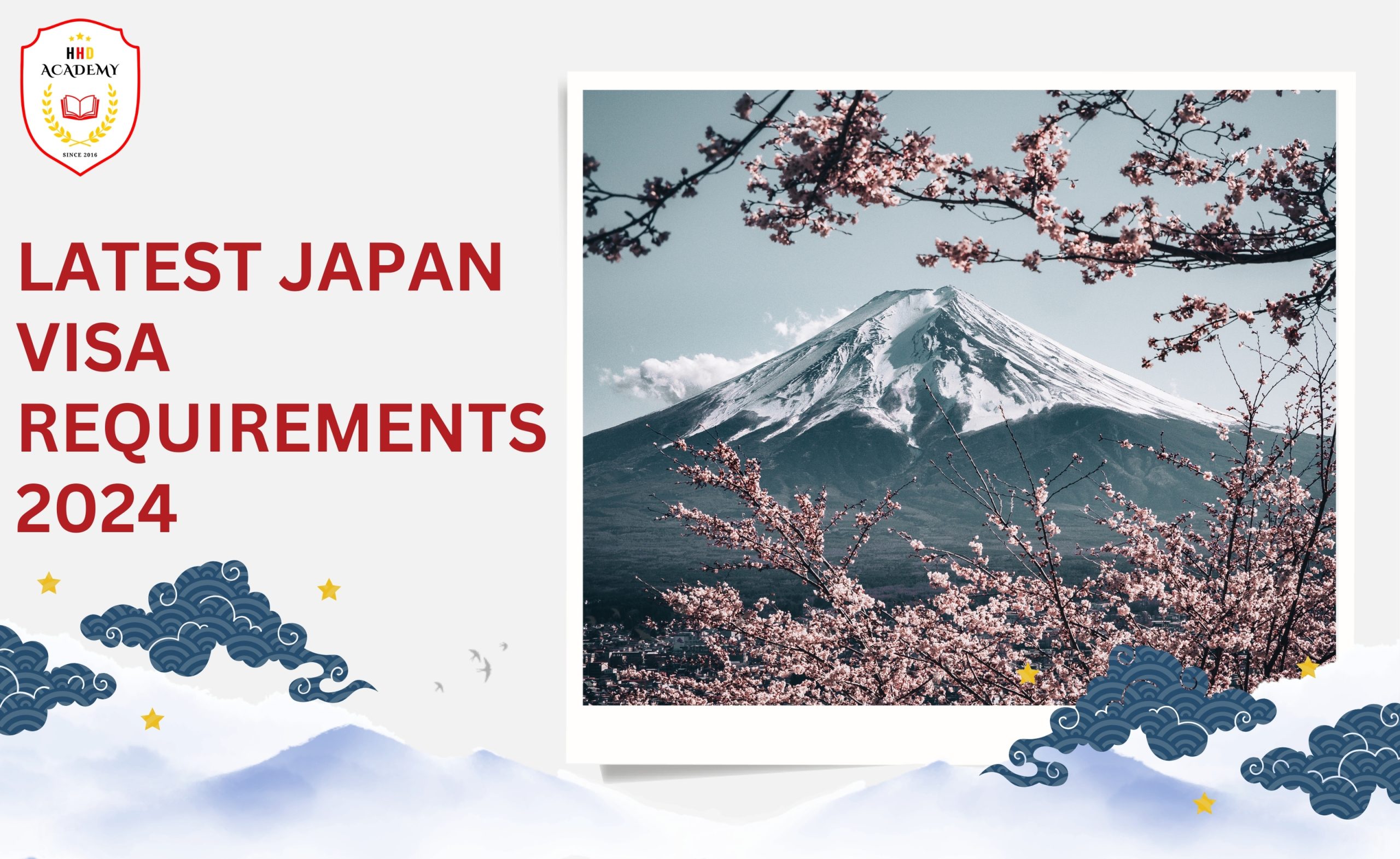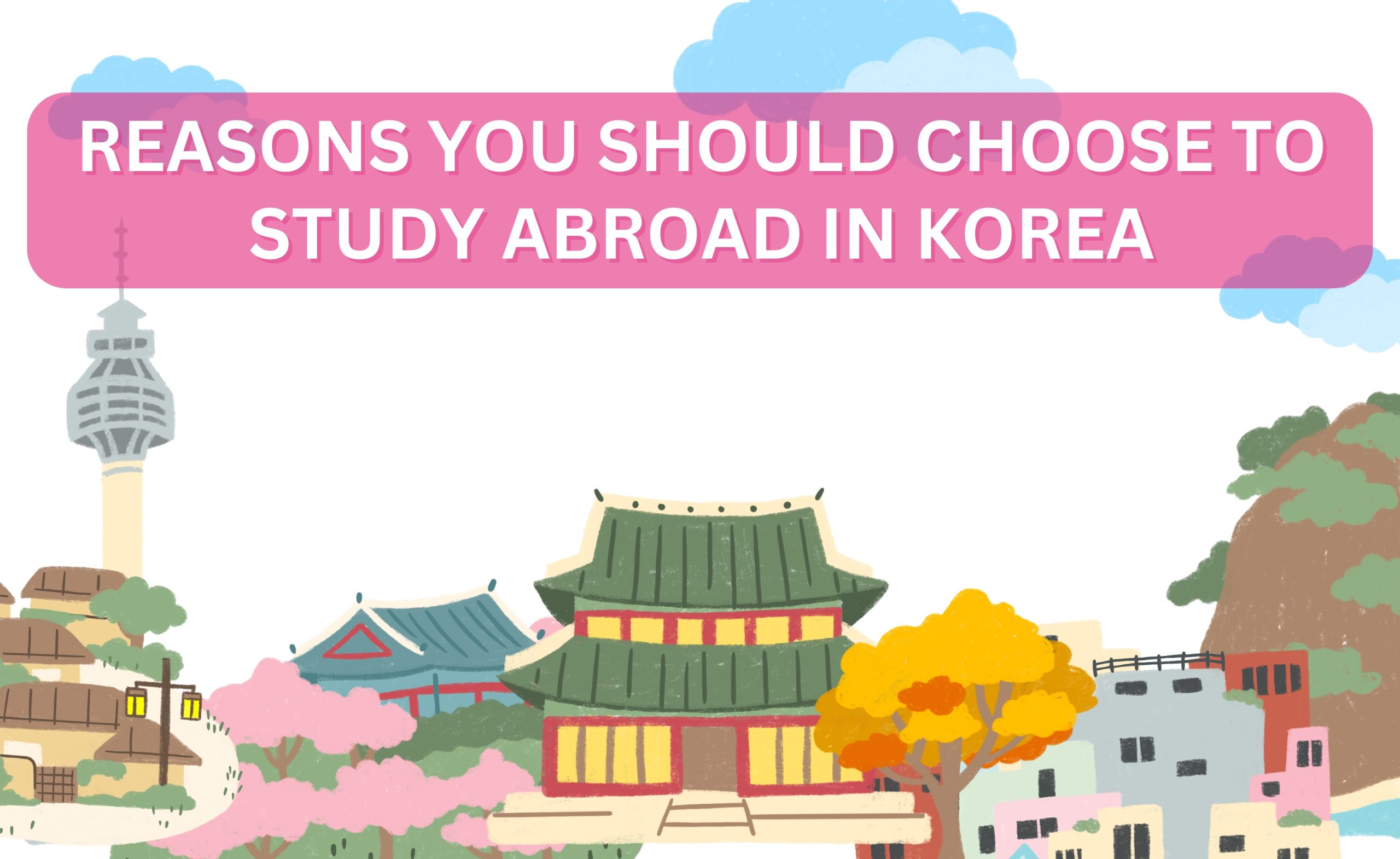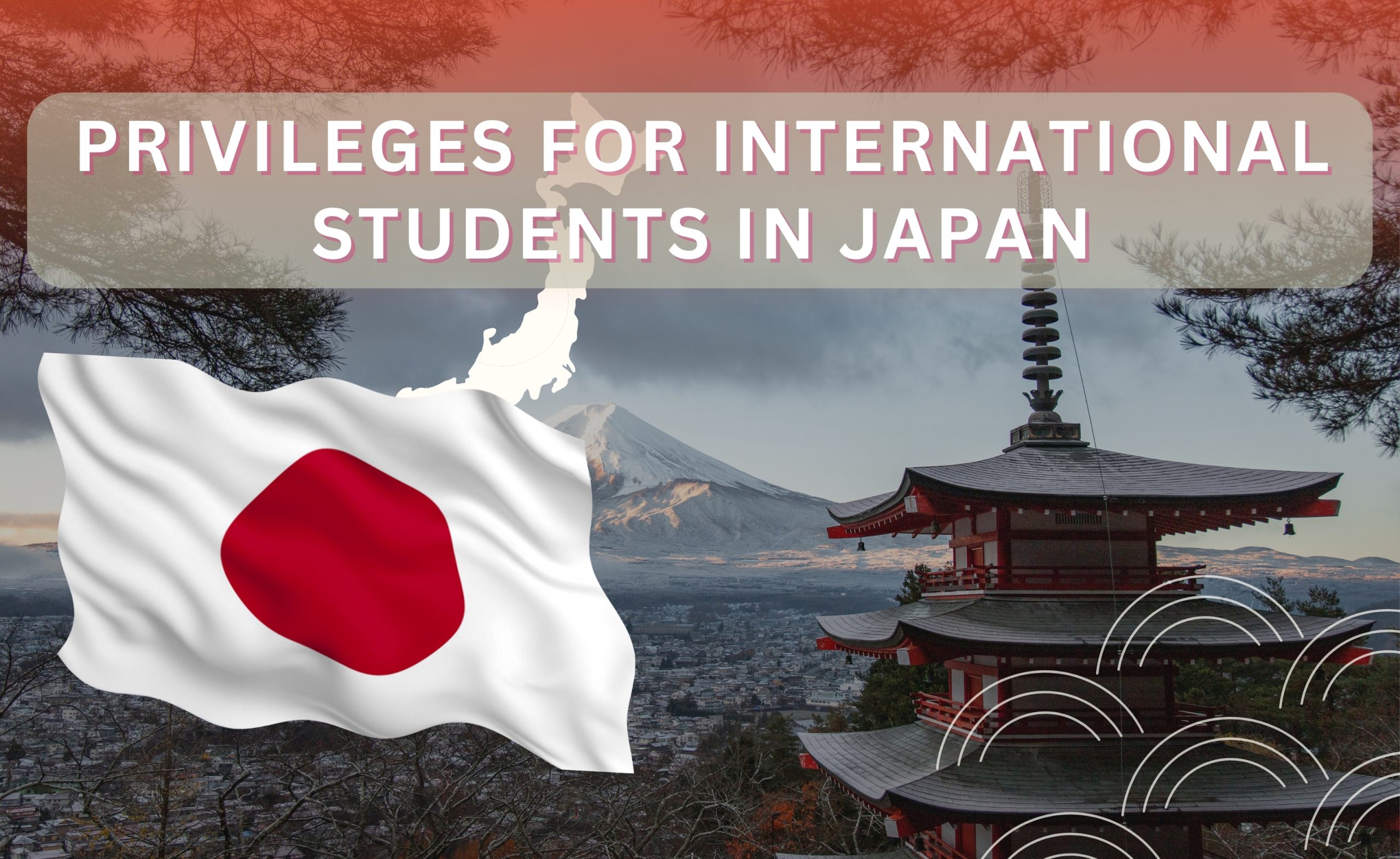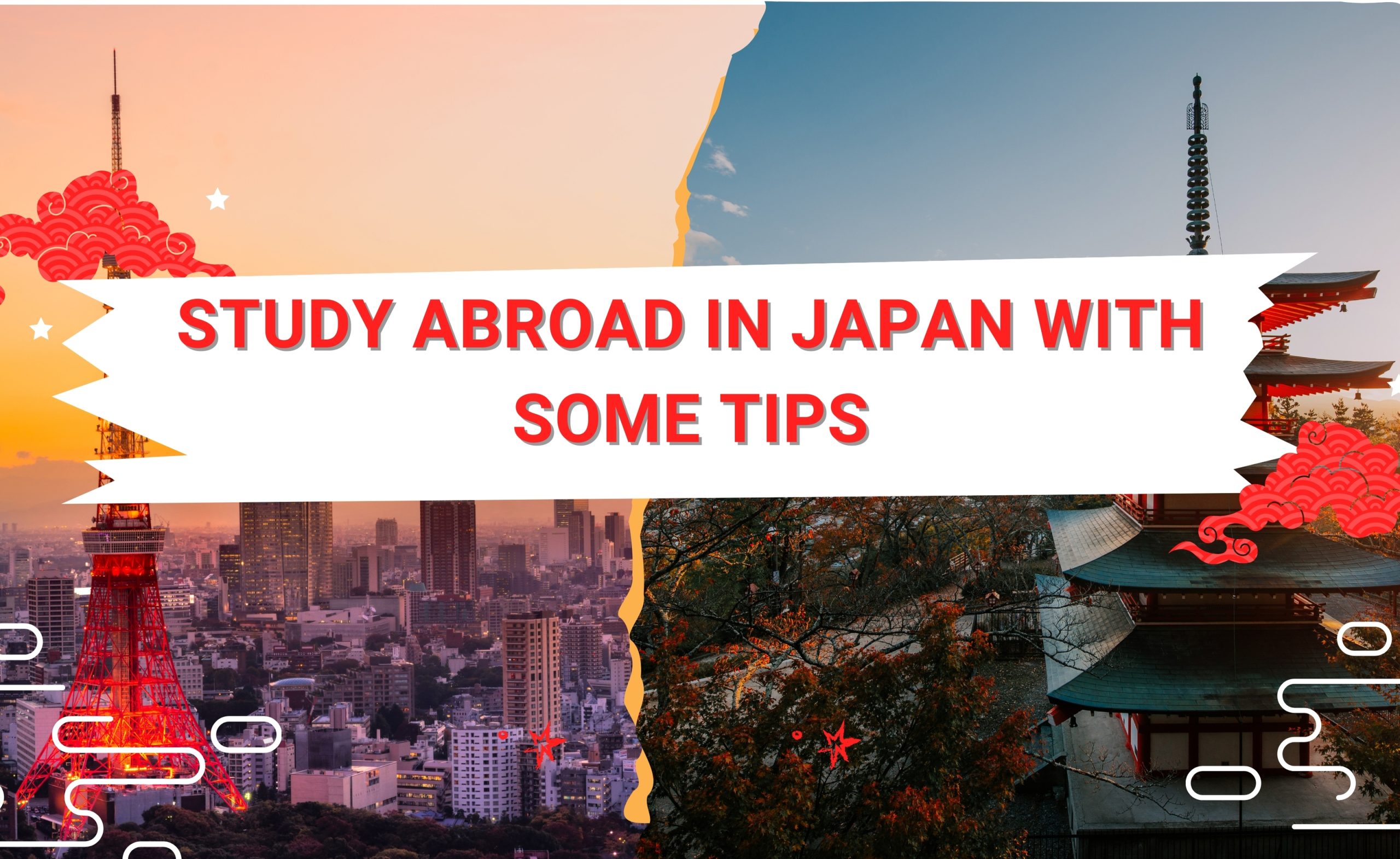Work & Life in Japan – Becoming the Bridge Between Japan and Vietnam
In recent years, there has been a noticeable increase in the presence and influence of Vietnamese individuals in Japanese society. Vietnamese residents now constitute 13% of all foreign residents in Japan and hold the highest number of technical intern training visas.
This article explores the journey of Yurina, a member of the FUN! JAPAN editorial team, who relocated to Japan during her middle school years due to her mother’s job. It delves into her unique school experiences in Japan and her immersion in Japanese culture from a young age. Here is Yurina’s story.
1. Coming to Japan
I arrived in Japan for the first time in 2009, just after turning 12 years old. My initial exposure to Japan was through my aunt, who had come here on a technical intern training visa. Her experience inspired my mother to pursue work opportunities in Japan. Eventually, my mother married a Japanese partner and decided to settle here permanently.
Before moving to Japan, I developed a fondness for anime and music, which sparked my interest in learning Japanese through singing. Even if I didn’t fully grasp the lyrics, I would sing along anyway. One of my all-time favourite anime, which I’ve cherished since elementary school and still adore today, is Cardcaptor Sakura.
2. Circumstances Between Japan and Vietnam
Japan, an advanced and developed country, is a dream destination for many Vietnamese people. Economically speaking, in the eyes of Vietnamese, “America ranks 1st, Japan 2nd,” which is quite remarkable. Vietnamese people are familiar with and admire numerous renowned Japanese brands such as Honda, Suzuki, Toyota, and household names like Ajinomoto—a popular Japanese seasoning found in nearly every Vietnamese home, even if its meaning is not fully understood.
3. The Blessing of Those Around me in Middle School
Upon arriving in Japan, I was enrolled in a nearby middle school recommended by the local city hall. Situated in a neighbourhood with a significant foreign population, many of my schoolmates had foreign relatives. The teachers were exceptionally kind; in addition to regular lessons, they provided one-on-one tutoring to help us learn Japanese.
In my situation, I had one-on-one Japanese lessons during what would typically be cooking or social studies classes. Subjects like Mathematics, English, and PE were taught with the entire class. By my second year of middle school, I attended most lessons with everyone else, though I often relied on my Japanese classmates for help with subjects I missed in the first year. Additionally, I attended a volunteer Japanese language school after completing assignments or on weekends to further improve my language skills. The most challenging period was my third year, as it required the most intensive studying.
4. The Culture-Shock-Filled Japanese School Lifestyle
School life in Japan was truly fascinating, but initially, there were so many differences compared to Vietnam that it was a bit shocking and challenging to adapt. For instance, Japanese students often move in groups. During PE or cooking class, everyone would move together as a class, and I was even asked if I wanted to go to the restroom together. In Vietnam, it’s quite the opposite; such customs are not practised.
Moreover, Japan has various unique activities such as cleaning duties, cultural festivals, sports festivals, and more, which are not typically observed in Vietnam. These cultural differences were very noticeable to me. For example, there’s a popular game in Japan known as “chicken fight” or “shoulder wars” that everyone seems to know about, but I had no idea what people were referring to when they mentioned it! I had so many questions at that time…
5. Becoming the Bridge Between Japan and Vietnam to Repay a Debt
I have always had a passion for international exchanges, and I dreamed of using my native language skills for translation or interpretation. Therefore, in university, I chose to focus on international studies. In my fourth year, I began working part-time at FUN! JAPAN. Throughout my middle school years and volunteer work, I received a lot of support from those around me. I felt a strong desire to repay that kindness by fostering connections between Japan and Vietnam.
6. I’m Glad I Joined FUN! JAPAN!
During my university years, I studied subjects like marketing, which has proven invaluable in my current workplace. Working in an environment filled with people from around the world has facilitated numerous international exchanges—a role I had always envisioned. Moreover, FUN! JAPAN, much like my own journey, was in its nascent stages, presenting me with new and exciting challenges. Looking ahead, I am eager to continue contributing to this company even after graduation.
My debut in the professional world began at FUN! JAPAN. In addition to translation, my role involved gathering information and resources nationwide, along with tackling a variety of fascinating and challenging tasks. Along the way, I made some unexpected discoveries. Initially, I wasn’t particularly fond of travelling, but now I have developed a deep appreciation for it through my work. The diverse international team within the company adds to the excitement, making my workplace exceptionally enjoyable and dynamic!
7. Advice for People Wanting to come to Japan
In my case, after coming to Japan, I had to study with all my effort to ensure I wasn’t left behind by my peers. Japan is well regarded in Vietnam thanks to it being a very developed country. Right now, there are many Vietnamese people who are studying abroad in Japan or coming on visas and can speak a little Japanese and maybe have short conversations. I would highly recommend trying to go to a volunteer Japanese language school, speak more with your friends, and improve your Japanese as much as possible. Try living in the country for real, communicate with those around you, visit the surrounding stores to try out your skills for real, this will surely make it easier for you to remember. At first, it might be difficult, you might not understand anything, but the people around you will guide you in the right direction.










